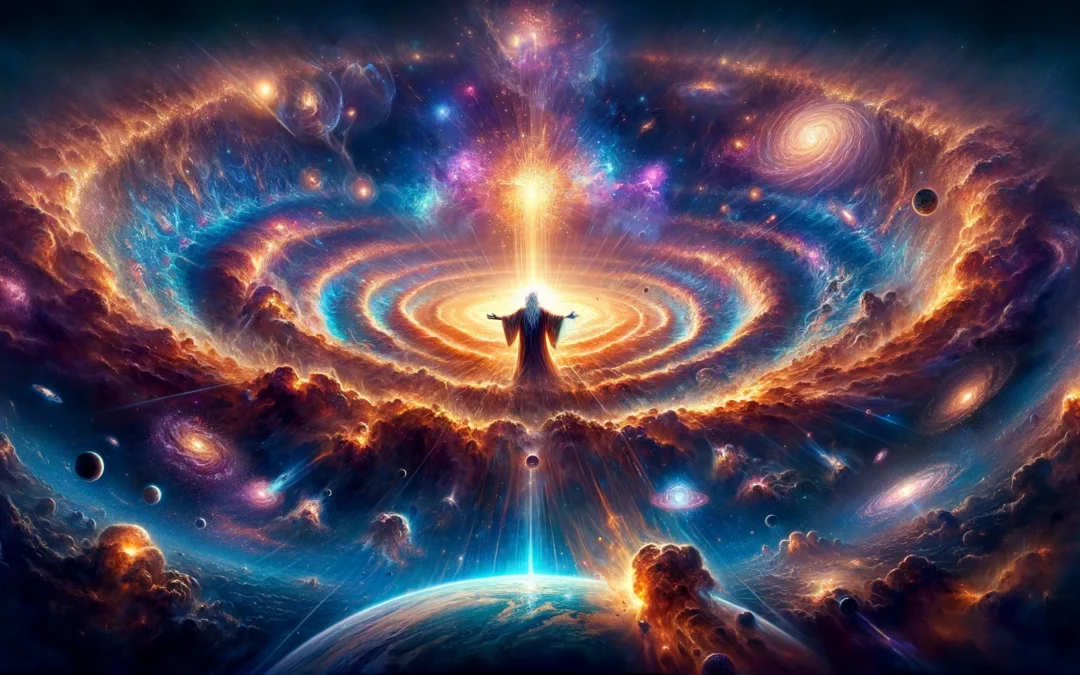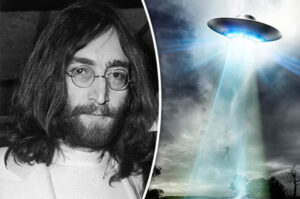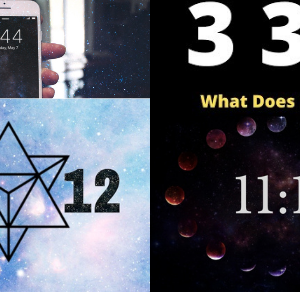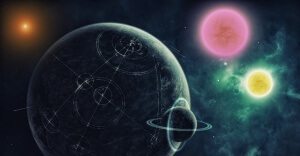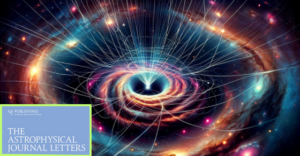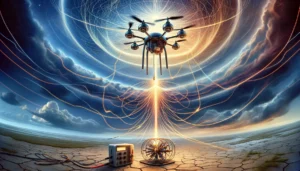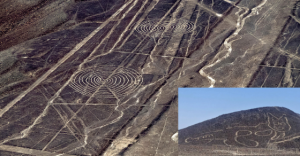Throughout history, the mesmerizing expanse of the night sky has sparked profound questions among observers: Where do the stars originate? What are the boundaries of the universe? How did everything commence? Such inquiries have propelled astronomers to meticulously observe the cosmos through their telescopes, seeking clues to unravel these longstanding mysteries. They endeavor to shed light on our identity and origins. This exploration is dedicated to unraveling the enigma of the universe’s inception, which, according to modern scientific discoveries, began with an explosive event known as the Big Bang.
As the 20th century unfolded, astronomers perceived the universe as a singular, vast galaxy—the Milky Way—encompassing an infinite expanse of space and time, devoid of any start or conclusion, where transformations occur over extensive periods.
Groundbreaking Discoveries of the Early 20th Century
The year 1913 marked a pivotal turn in astronomical studies, revealing the universe’s secrets. Dr. Robert Jastrow, the esteemed founder of NASA’s Goddard Institute of Space Studies, narrates the onset of this transformative era: “It all started in 1913 when Slipher, an American astronomer looking for something else, stumbled across the fact that most of the galaxies in our neighborhood are moving away from us and from one another at very high speeds, up to millions of miles an hour, and he did not understand the significance of his own finding.” Building on Slipher’s accidental discovery, Edwin Hubble, an American astronomer at California’s Mount Wilson, deduced that these galaxies were indeed expanding at remarkable speeds. While American scientists gathered empirical data, their European counterparts engaged in theoretical explorations. Albert Einstein, with his theory of relativity, was at the forefront, revolutionizing our perception of the universe as a dynamic, ever-evolving entity. Following Einstein’s lead, Dutch astronomer De Sitter extrapolated an expanding universe from Einstein’s equations, signaling a departure from the notion of an eternal cosmos to one with a definitive commencement.
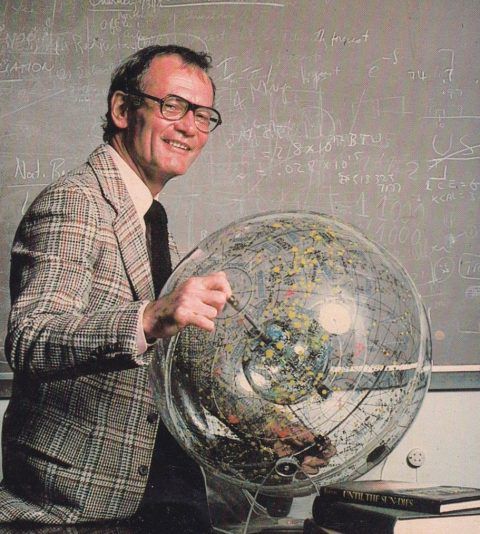
From Skepticism to Acknowledgment
The concept of the universe having a distinct beginning was met with resistance. The Big Bang theory, suggesting a cosmic explosion as the origin of all matter, faced skepticism, especially from those who found the idea of the universe’s inception unsettling. Einstein himself expressed his discomfort, stating, “if the universe had a beginning, a ‘singularity in time,’ as he called it, it ‘irritates me; I find it nonsensical.'” This sentiment reflected a broader apprehension about acknowledging external forces influencing the cosmos.
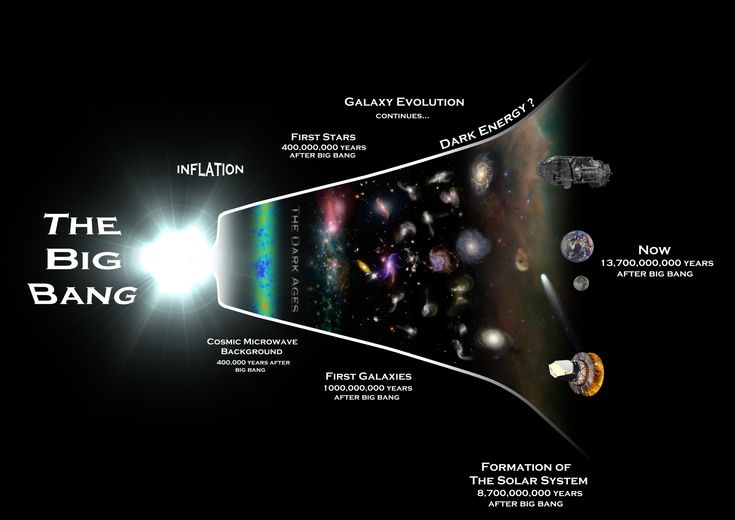
Validating the Big Bang Theory
The Big Bang theory’s legitimacy was cemented in 1965 with Arno Penzias and Robert Wilson’s serendipitous discovery of cosmic background radiation—the residual thermal energy from the universe’s initial explosion. This discovery, portraying the universe as once a hot, dense state, is “viewed by many scientists as one of the most important discoveries ever made in the field.” It unequivocally demonstrated that the universe originated from a singular event, significantly deviating from its present state and prompting contemplation about the forces or entities that initiated this creation.
Scientific and Theological Implications
The acknowledgment of the universe’s beginning has elicited mixed reactions. While theologians find confirmation in the scientific validation of a commencement mirroring the Genesis account, the astronomical community faces a conundrum. “I would like to reject the Big Bang theory, but I have to face the facts,” admitted one astronomer, highlighting the discomfort with aligning scientific evidence with religious narratives. The debate extends beyond the scientific to encompass existential and theological dimensions, pondering the catalyst behind the universe’s creation.
As scientists and theologians navigate this complex discourse, the exploration into the universe’s origins transcends mere scientific inquiry, venturing into the realms of philosophy and spirituality. The journey towards understanding the cosmos reveals not only the empirical truths sought by astronomers but also the philosophical and theological reflections that have occupied humanity’s thoughts for centuries.
